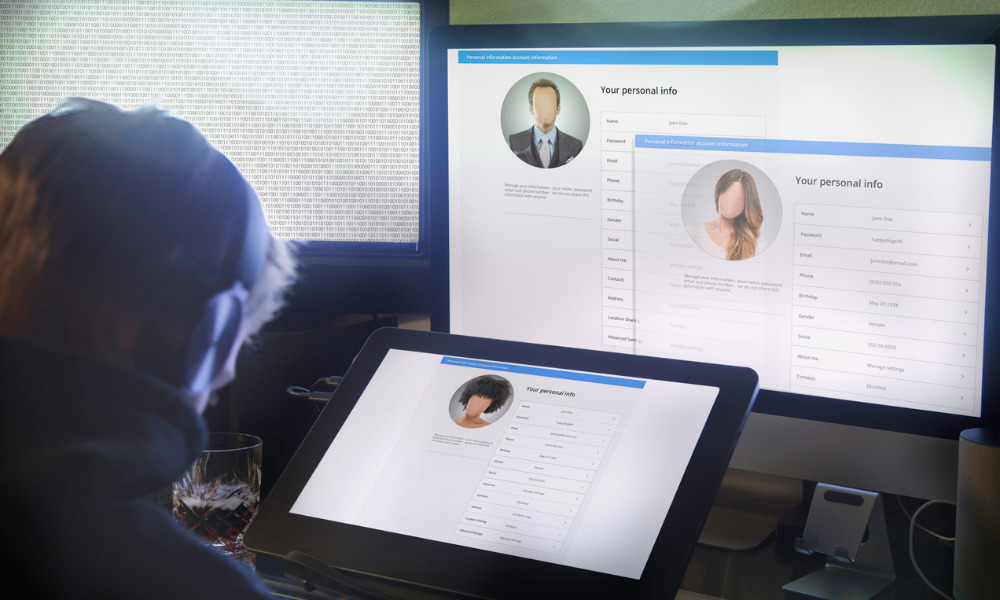
'Actions such as coughing, sneezing, or other auditory actions are not aligned with what is presented visually'

The FBI is warning of an increase in complaints about the use of “deepfakes” and stolen personally identifiable information (PII) when it comes to applications for remote work and work-at-home positions.
Deepfakes include a video, an image, or recording convincingly altered and manipulated to misrepresent someone as doing or saying something that was not actually done or said.
The jobs include information technology and computer programming, database, and software- related job functions.
The pandemic has created an environment where fraud risks are increased because of the rise of remote work.
Complaints report the use of voice spoofing, or potentially voice deepfakes, during online interviews of the potential applicants, says the FBI. In these interviews, the actions and lip movement of the person seen interviewed on-camera do not completely coordinate with the audio of the person speaking.
“At times, actions such as coughing, sneezing, or other auditory actions are not aligned with what is presented visually.”
The complaints also talk about the use of stolen ID to apply for these remote positions.
Bad hiring practices can contribute to extra recruiting and hiring expenses along with training and replacement costs to bring in a new employee — in addition to the potential risks of a bad employee in the workplace such as fraud, theft, embezzlement, low productivity, or even employee safety.